
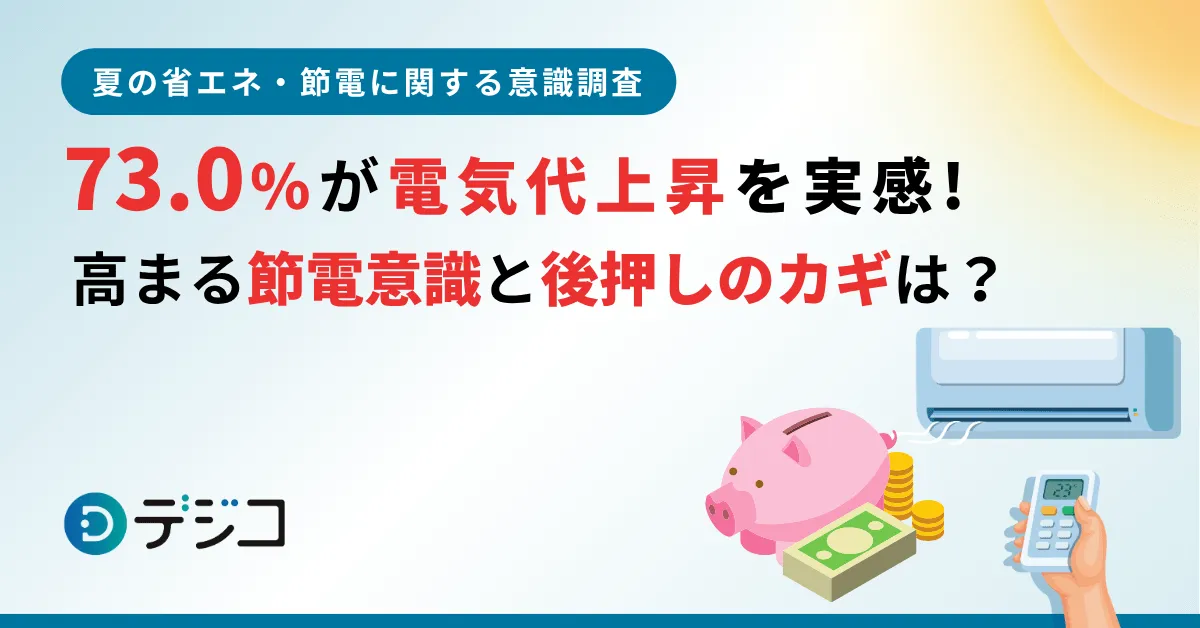
Rising Awareness for Energy Conservation: Survey Reveals Consumer Sentiments
Understanding Energy Saving Trends in Today's Society
As temperatures rise every summer, so do concerns about energy consumption and electricity costs. A new survey conducted by DIGITALIO sheds light on how consumer awareness regarding energy conservation has evolved in recent years. This comprehensive study, encompassing responses from 500 individuals aged 20 and above across Japan, seeks to explore the mindset of consumers towards saving energy and the behavioral changes they've adopted amidst climbing energy prices.
Survey Context and Objectives
With climate change becoming an increasing global concern and energy prices seeing unprecedented hikes, the necessity for energy-saving initiatives in daily life has never been more pressing. The survey aims to uncover the nuances of consumer awareness and actions related to energy conservation, specifically targeting purchases of energy-efficient appliances and the likelihood of switching utility providers.
Key Findings of the Survey
General Awareness
About 60% of respondents indicated that they actively think about energy saving in their daily lives. While awareness seems strong overall, a significant percentage (around 40%) admit to not paying much attention to these initiatives, revealing a divergence in attitudes across different demographics.
Age-Related Insights
Notably, the survey found that age profoundly impacts energy-saving consciousness. Approximately 40% of respondents in their twenties are aware of energy conservation, compared to about 70% of those aged fifty and above. This trend emphasizes the increasing concern for energy costs among older generations.
Financial Awareness and Behavior
A crucial aspect highlighted in the survey is that more than 70% of individuals who track their energy bills consistently practice energy-saving behaviors. Those who do not monitor their expenses comprise a considerable group (around 40%) who show little awareness of the need to conserve energy. The primary motivation for most individuals to save energy is economic, with more than 50% citing cost savings as the main reason.
Seasonal Adjustments
During summer, common energy-saving strategies include ensuring that appliances are turned off and adjusting air conditioning settings to higher temperatures. However, a significant challenge remains: many find it hard to perceive the effectiveness of their energy-saving measures. About 29% of respondents expressed difficulty in feeling the impact of their actions, while 25% were concerned about health issues related to heat discomfort caused by excessive energy reduction.
Motivating Factors for Change
When considering purchasing new appliances, nearly 70% prioritize energy efficiency, especially when the price remains comparable. Though some users (around 20%) do not consider energy-saving capabilities when buying new appliances, there is a clear trend where consumers engage more actively in energy conservation if presented with economic incentives like discounts or rewards.
The Influence of Campaigns
Additionally, consumers cited various factors that enhance their willingness to engage with energy-saving campaigns. Effective motivators include discounts at the time of purchase along with incentives such as electronic money or redeemable points. Complexities arise when considering whether to switch energy or gas providers; significant life changes or perceived exorbitance in current bills act as triggers for potential changes.
Changing Attitudes Over Time
The survey further revealed that 48.6% of participants feel that their consciousness towards energy-saving efforts has increased over the past five years. The recognition of heightened bills and rising temperatures are critical influences on these changing attitudes. However, over 40% feel that there has been no discernible change in their perspectives, indicating some consumers maintain a consistent approach towards energy conservation.
Conclusion
This latest survey from DIGITALIO highlights a growing concern for energy-saving behaviors in Japan. While many consumers are increasingly aware of the necessity to conserve energy amid rising costs, there remains a considerable demographic that lacks sufficient knowledge or cannot translate awareness into actionable steps. For the sustainable promotion of energy conservation, there is a clear need for deserving incentives and easy-to-understand guidance on effective practices. Furthermore, leveraging digital gifts and incentives can bolster participation in energy-saving initiatives, encouraging a more significant number of consumers to adopt green practices. All in all, while awareness is rising, the challenge lies in translating this awareness into consistent action.
- ----
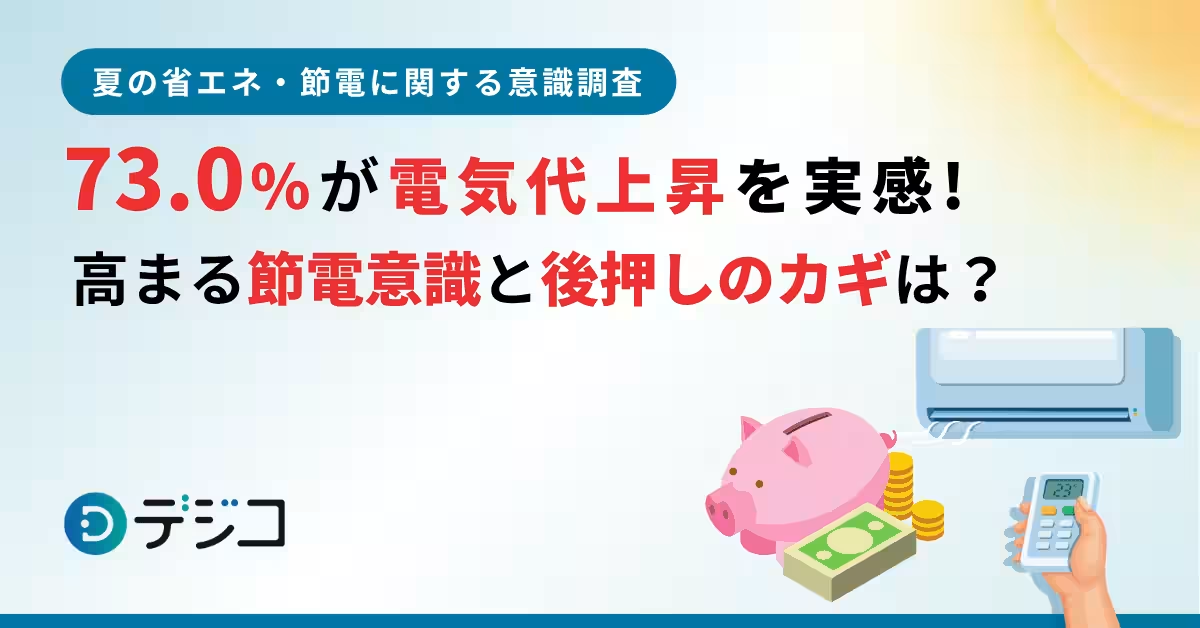
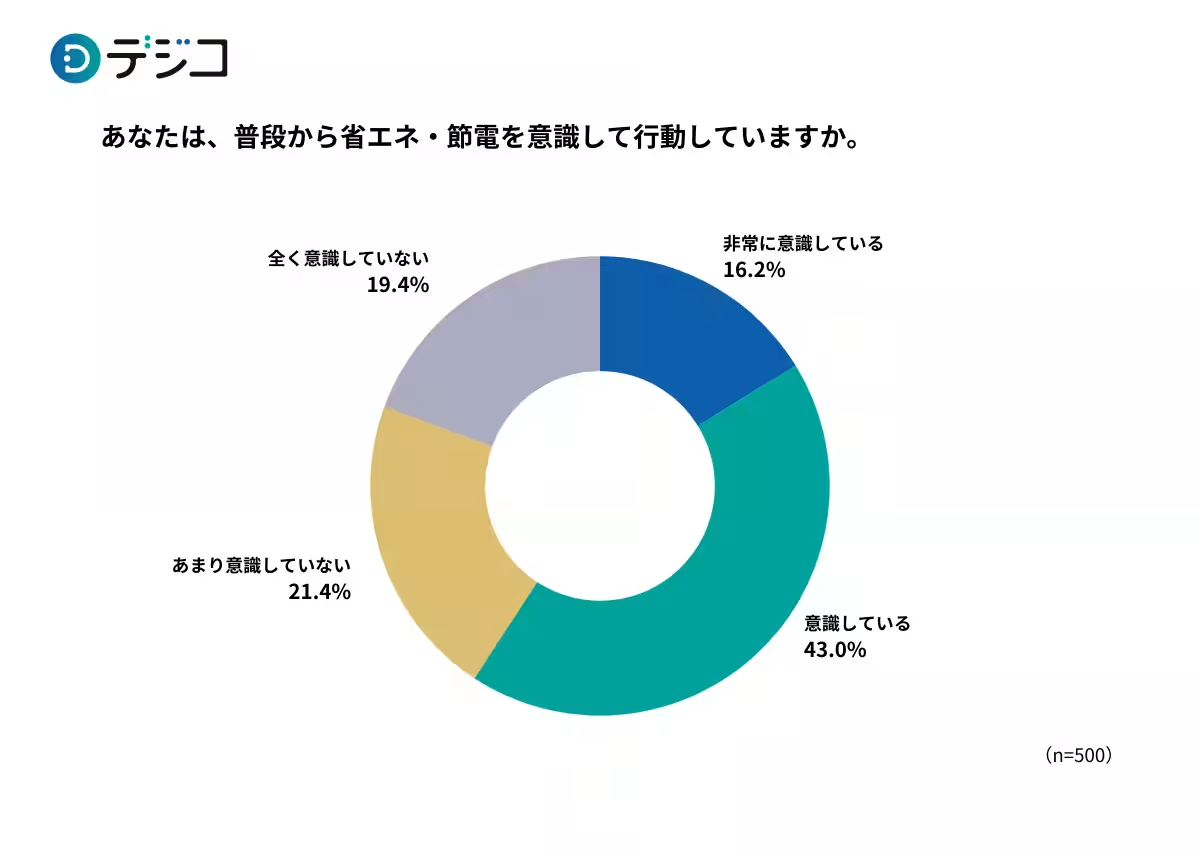
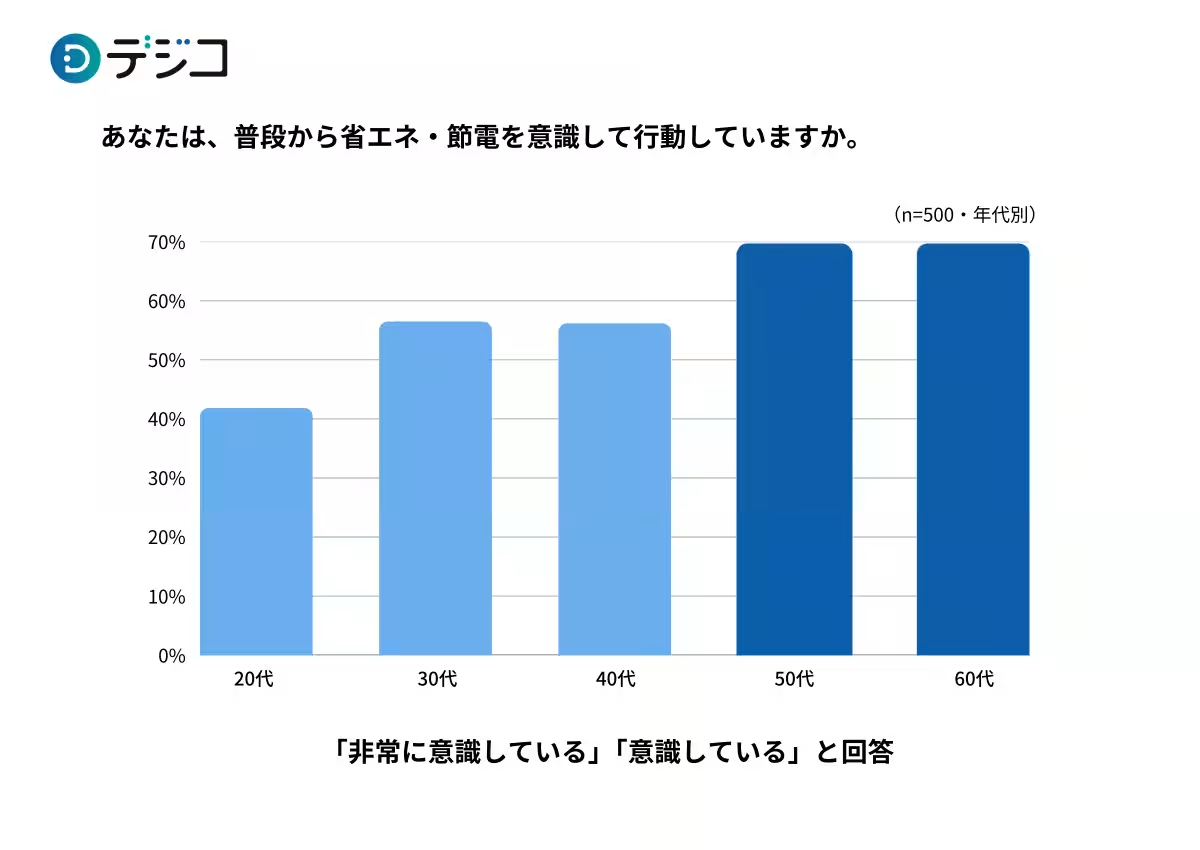
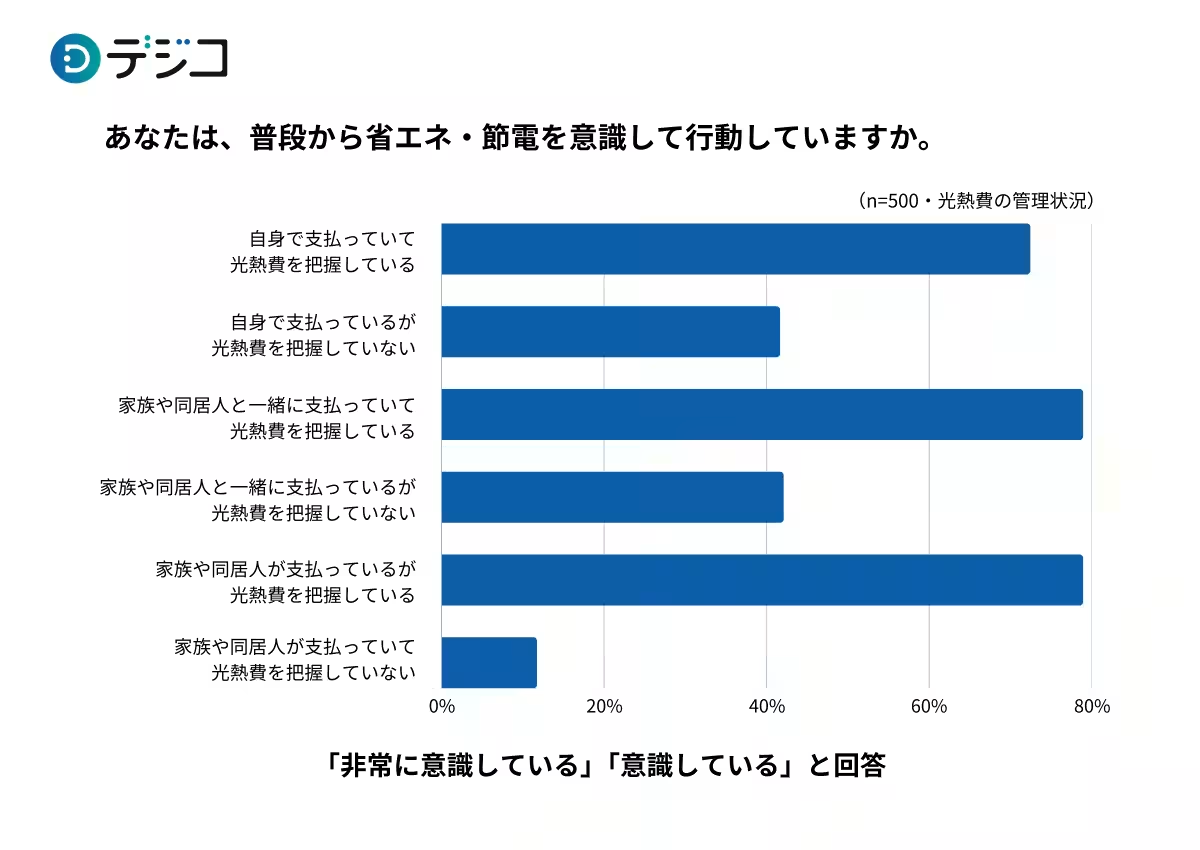
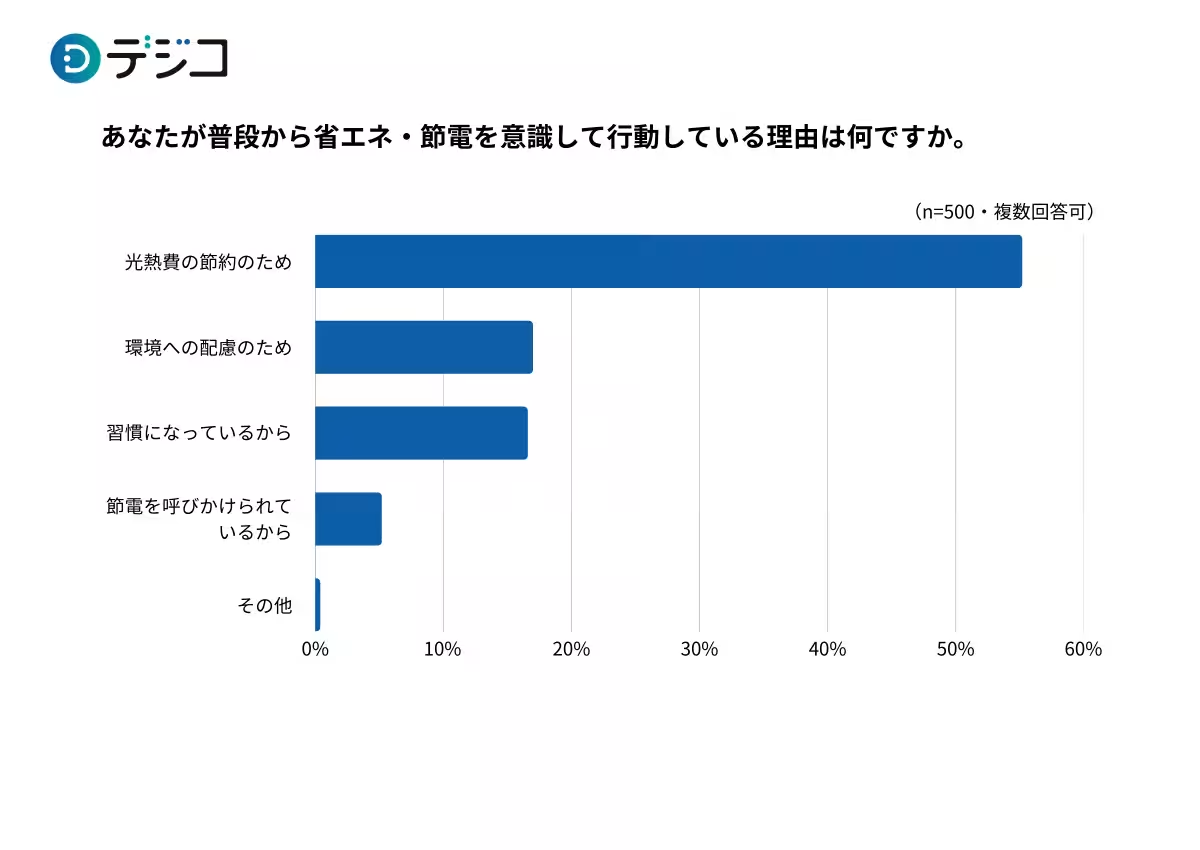
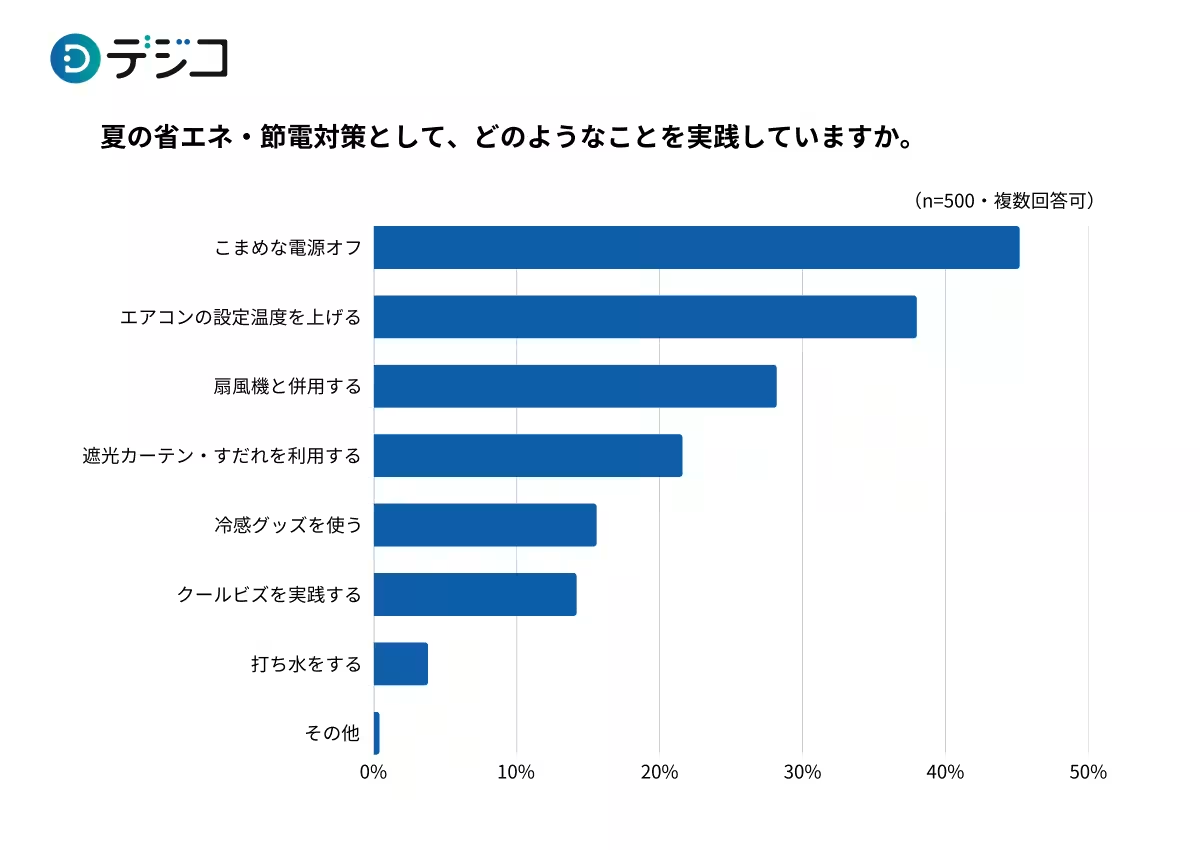
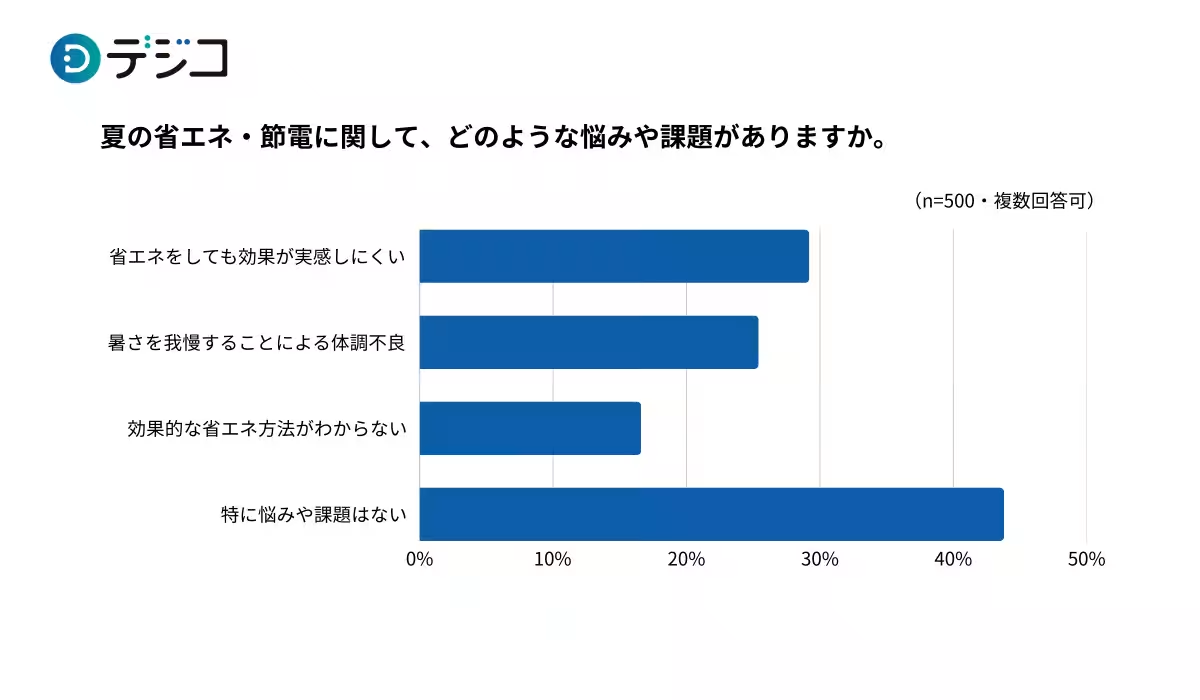
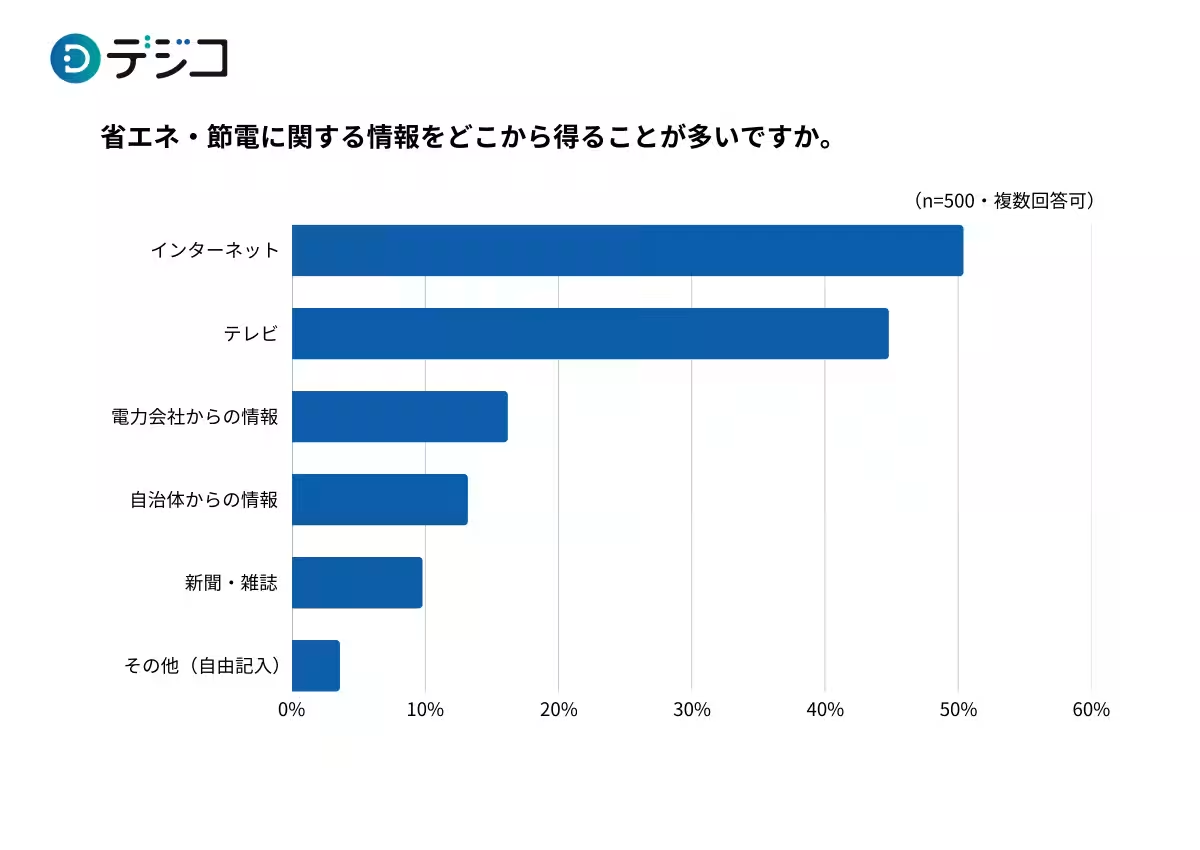
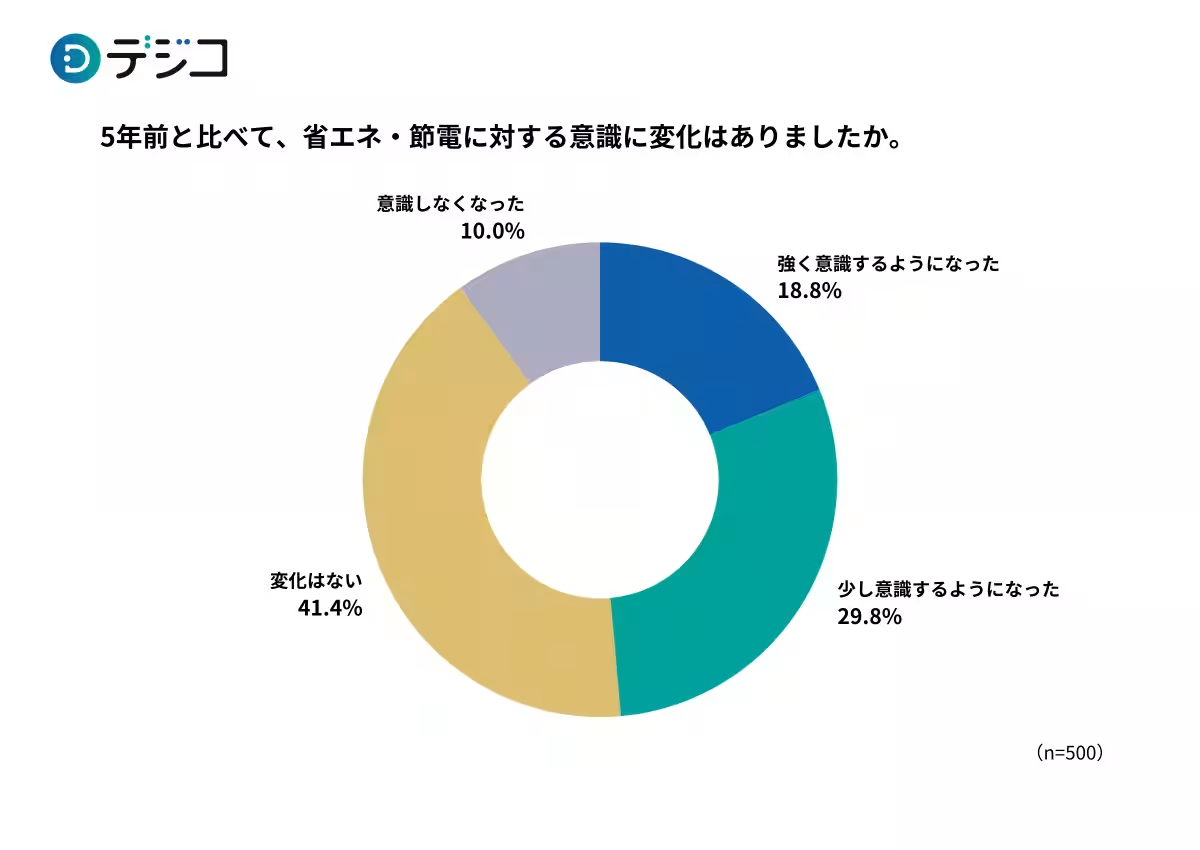
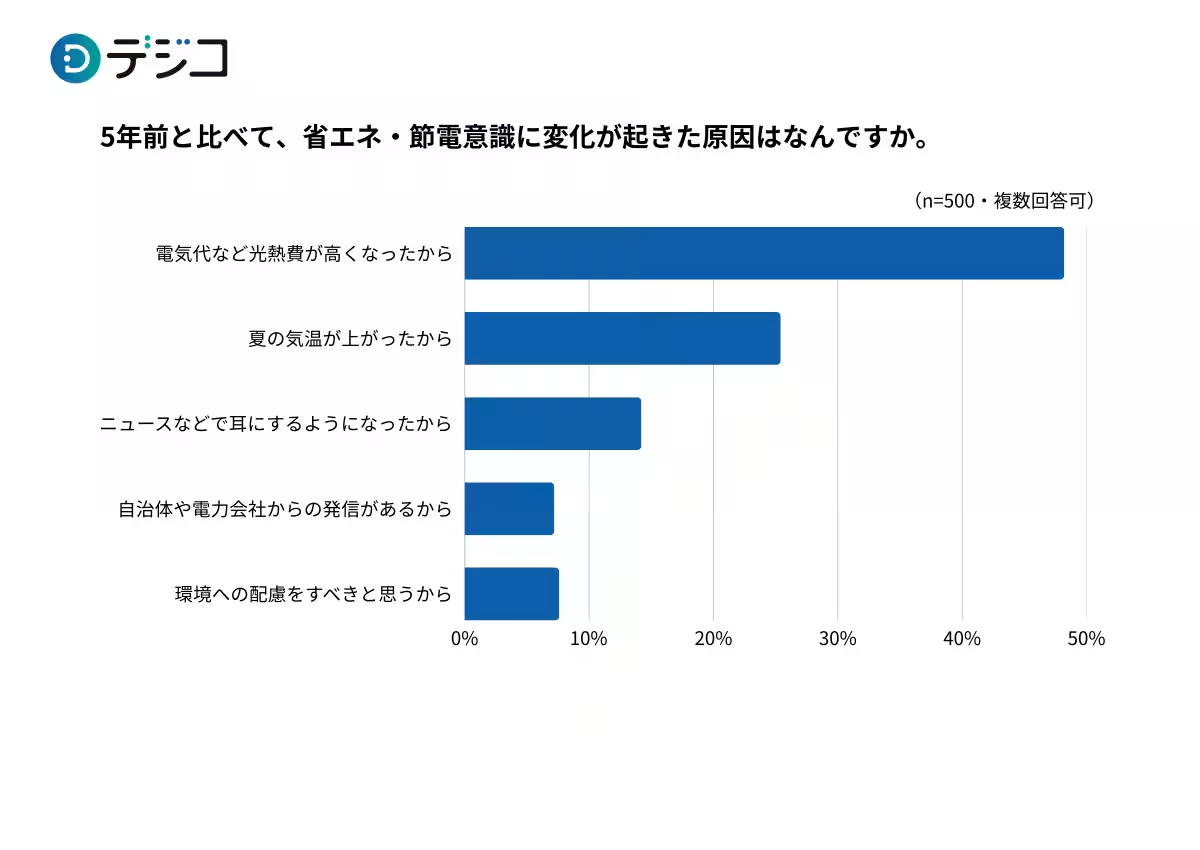
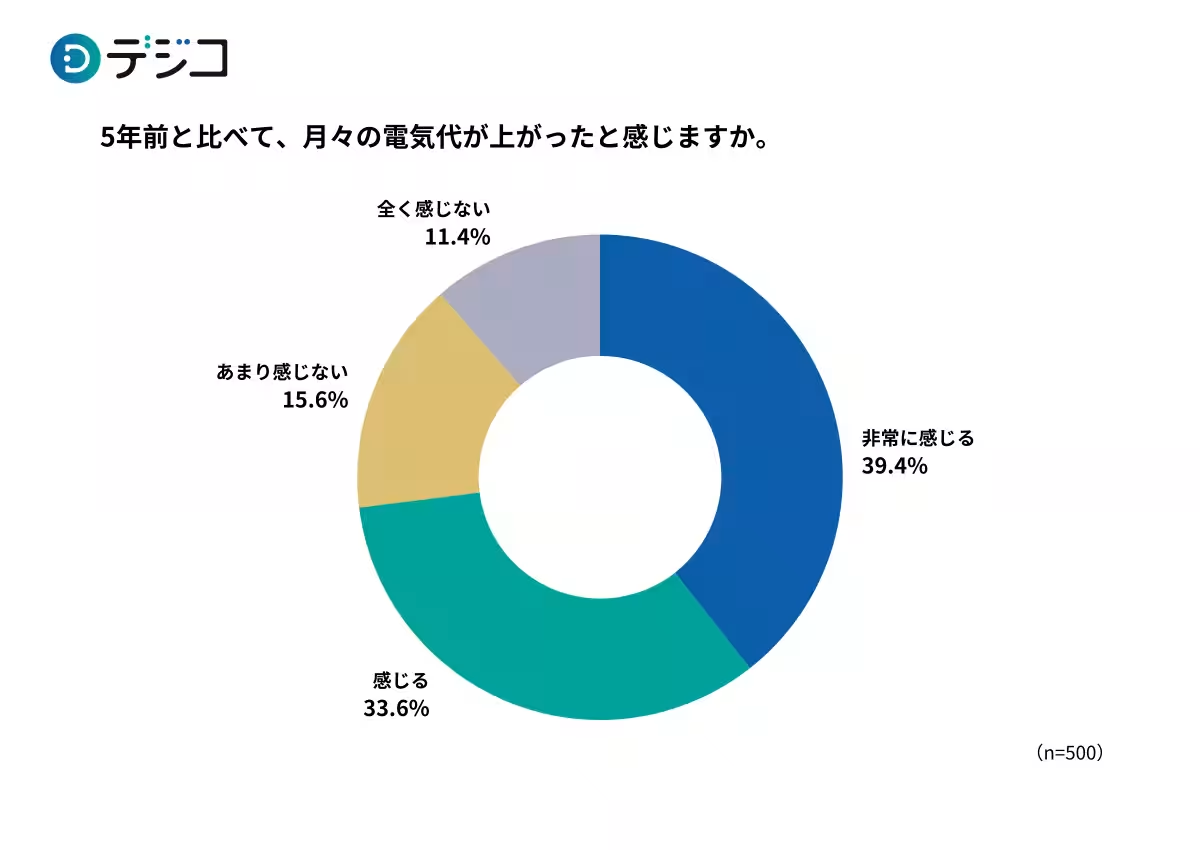
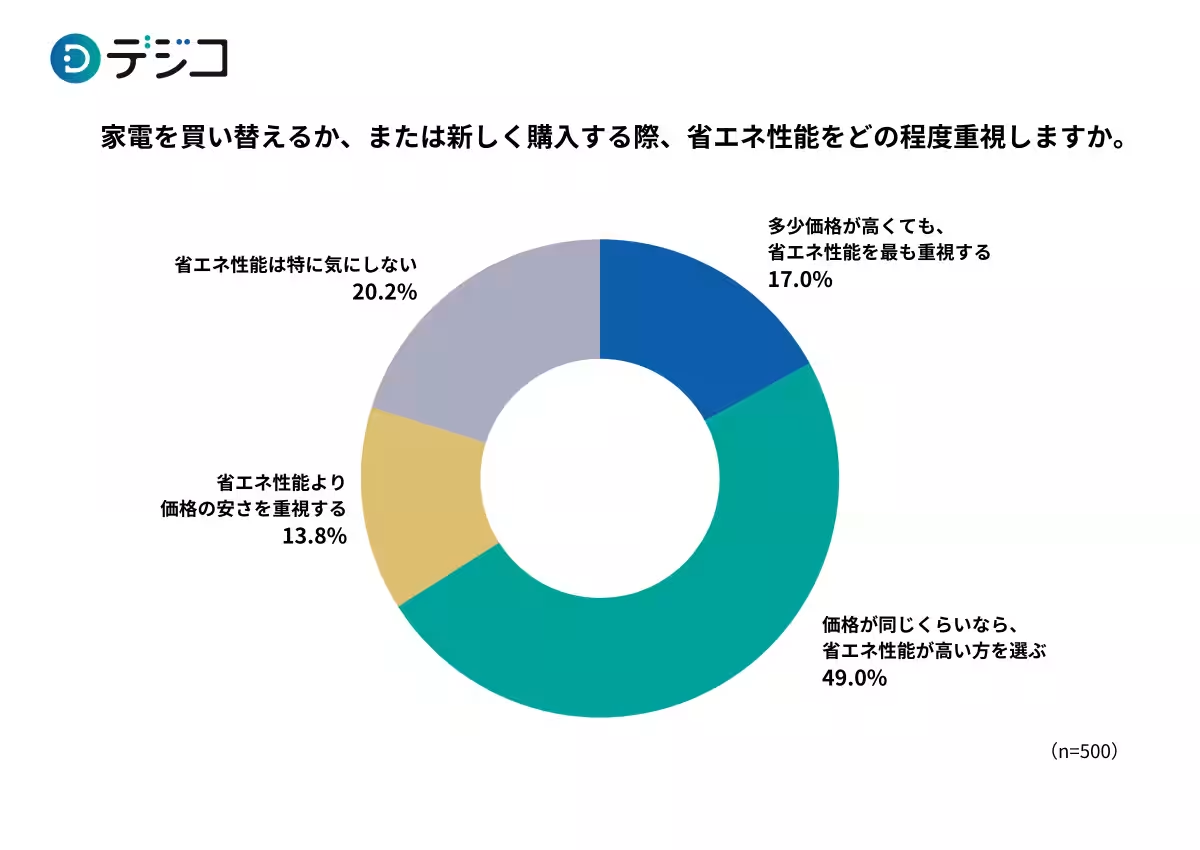
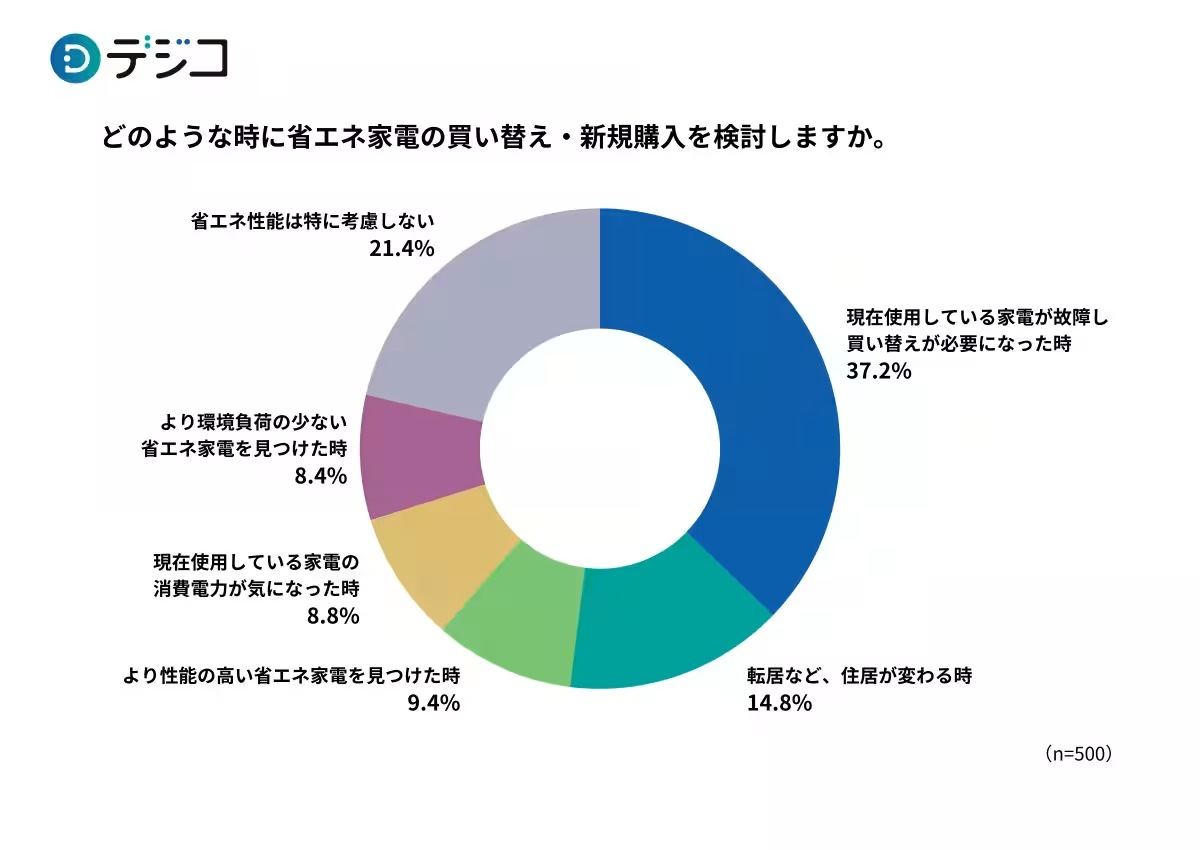
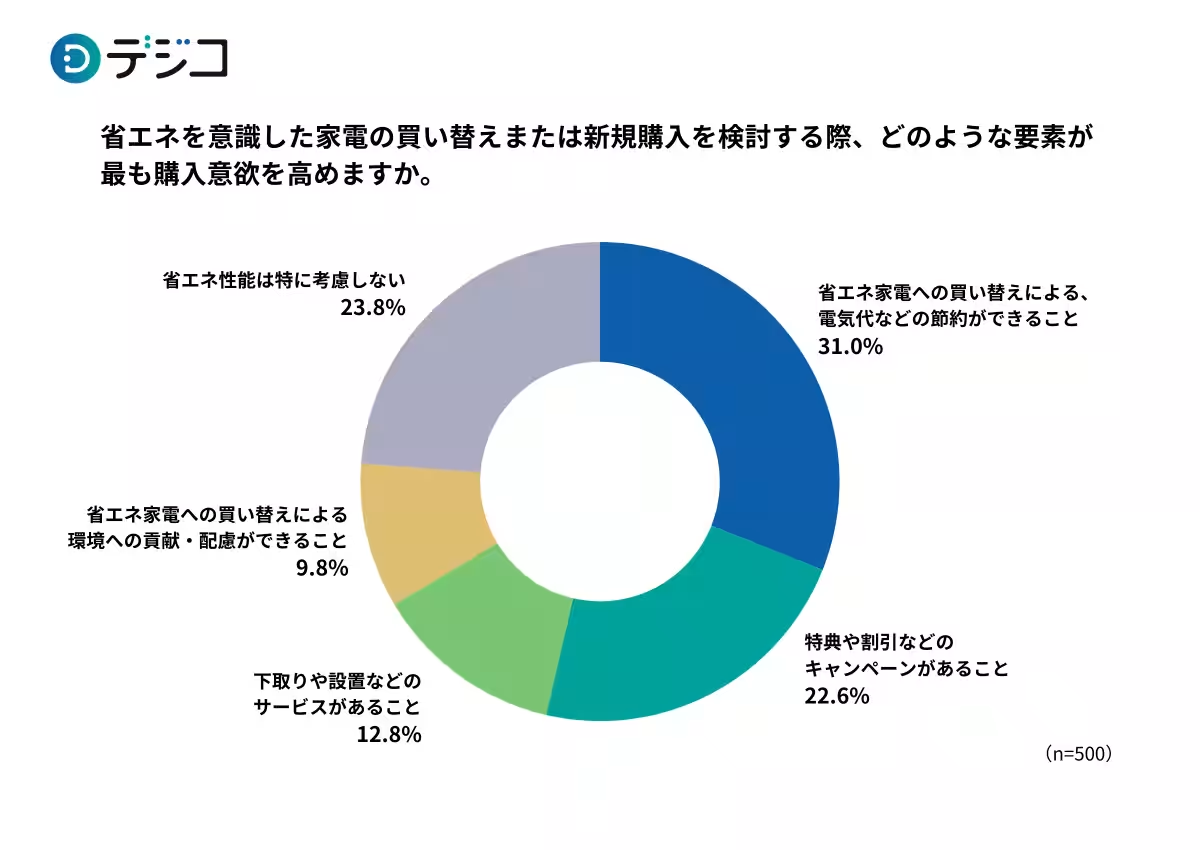
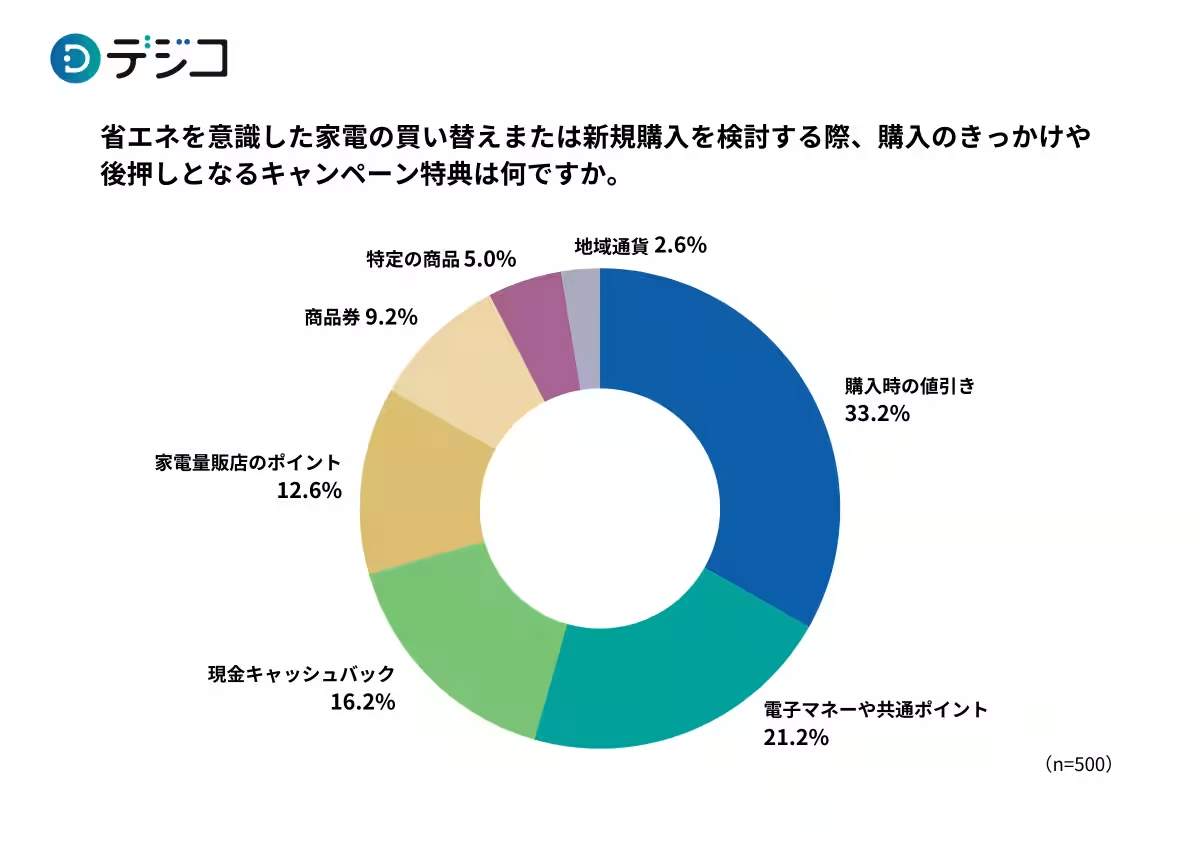
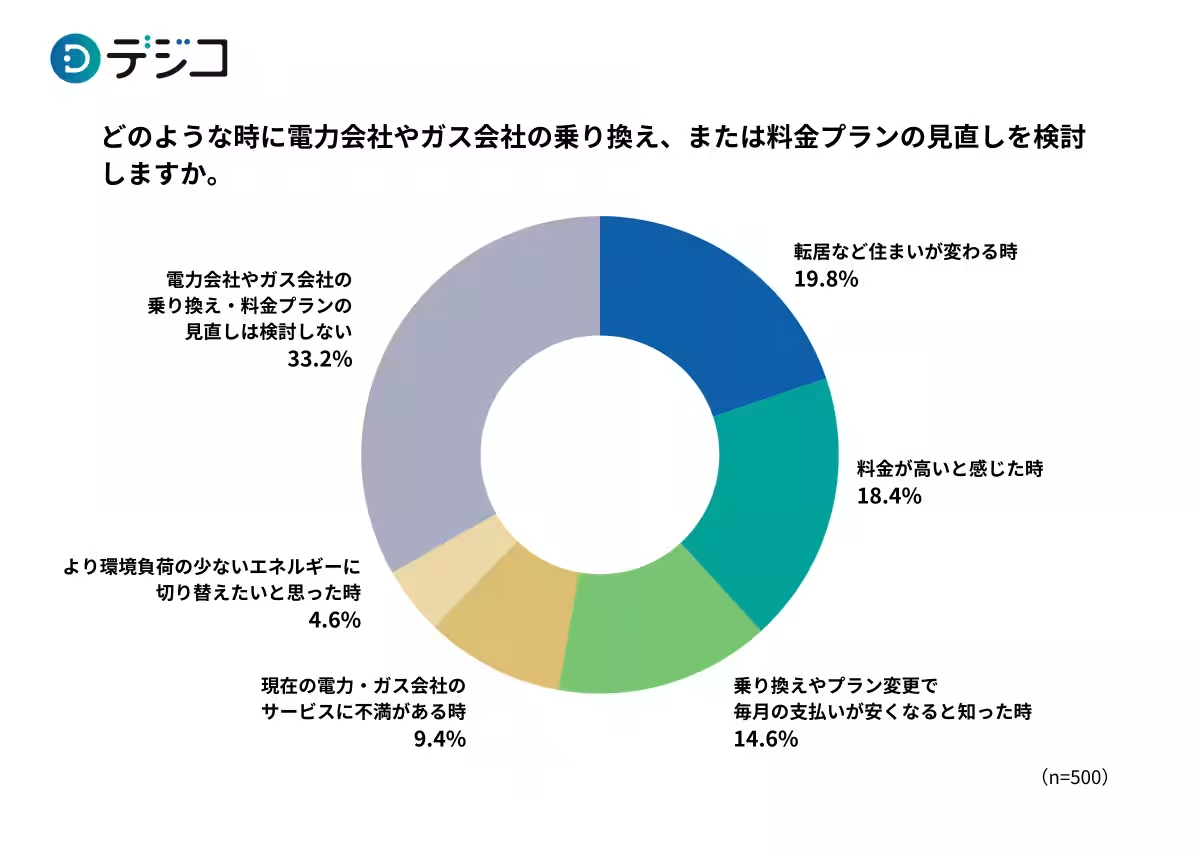
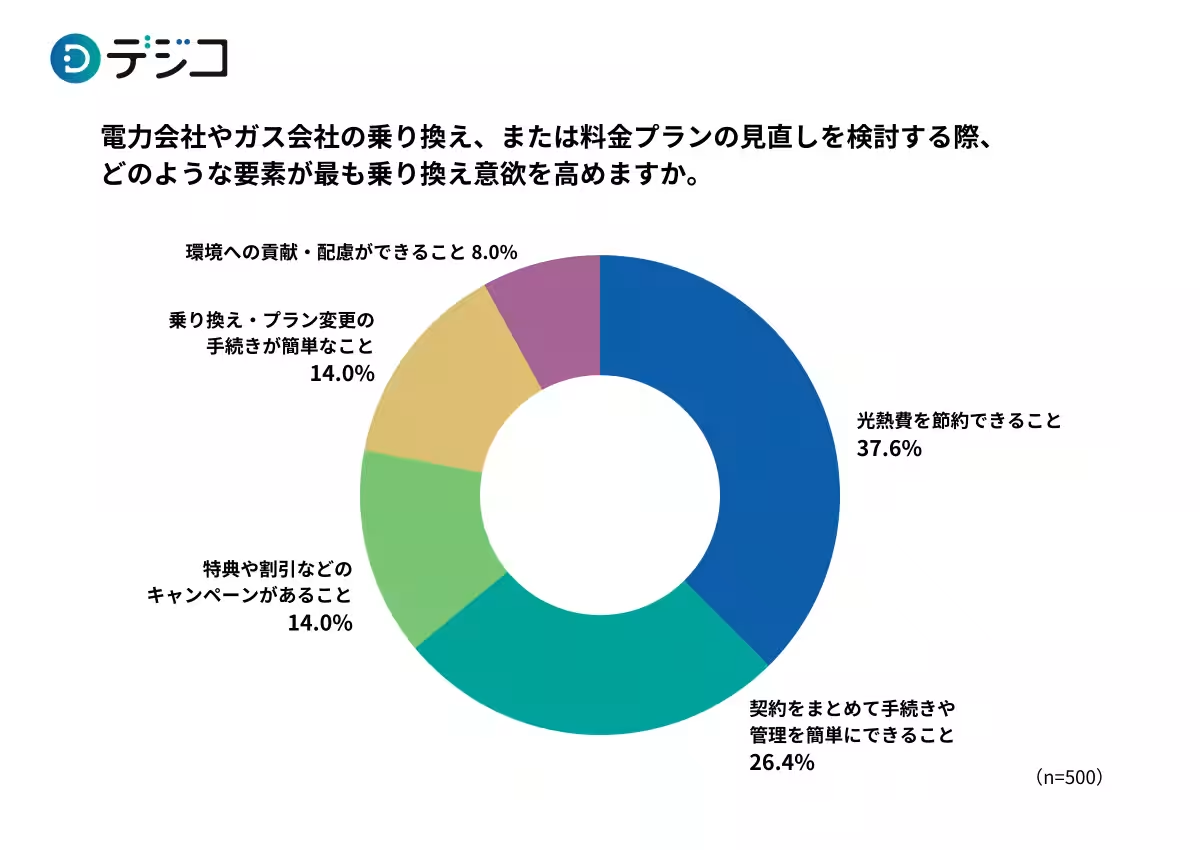
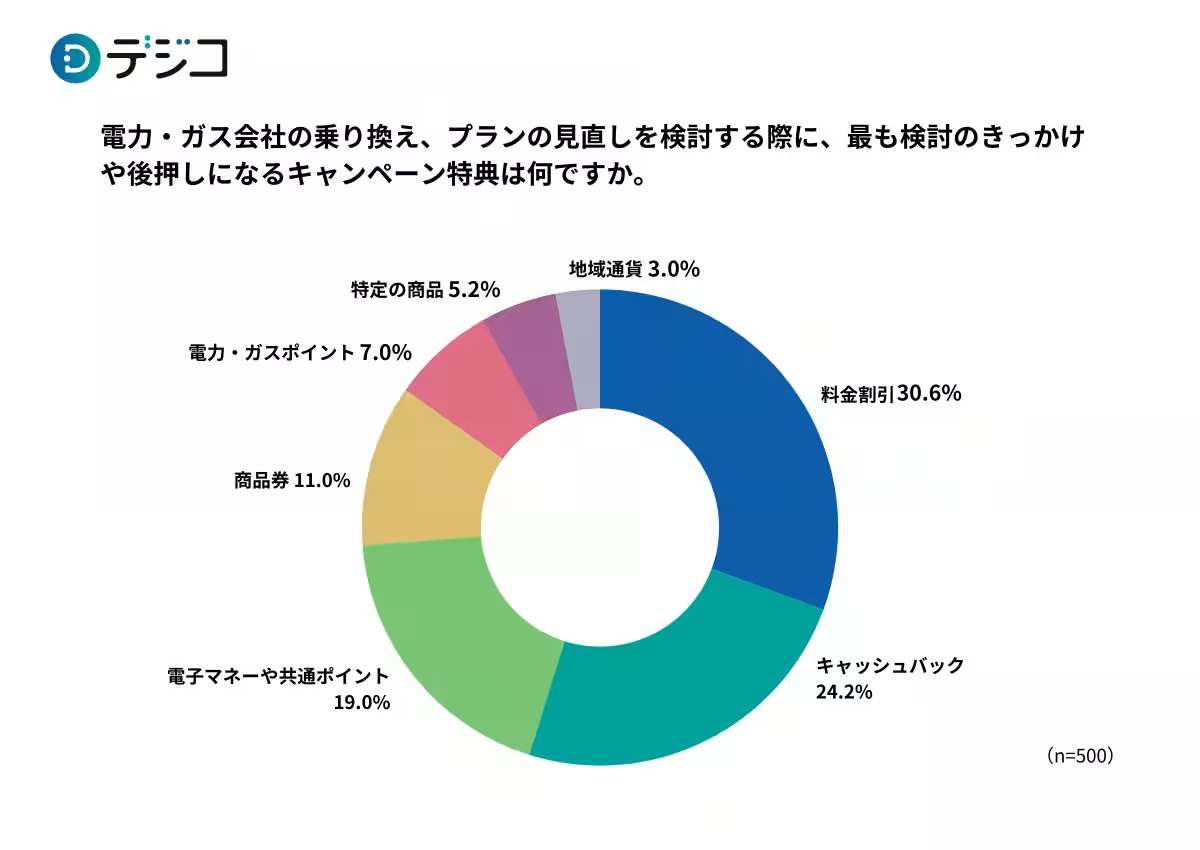


Topics Energy)










【About Using Articles】
You can freely use the title and article content by linking to the page where the article is posted.
※ Images cannot be used.
【About Links】
Links are free to use.